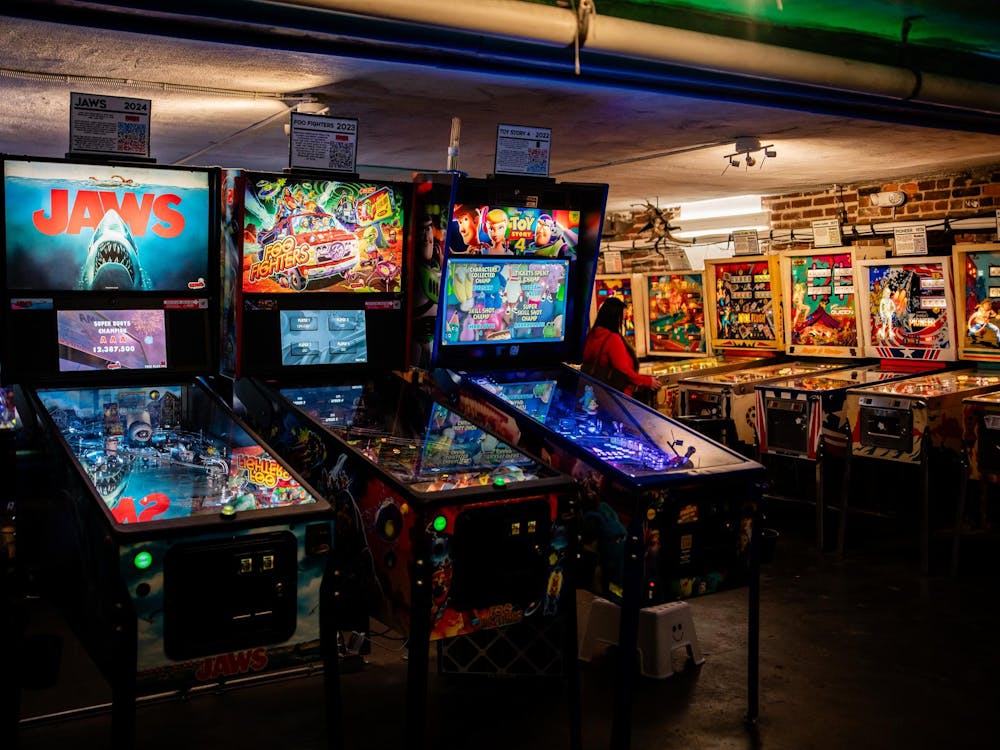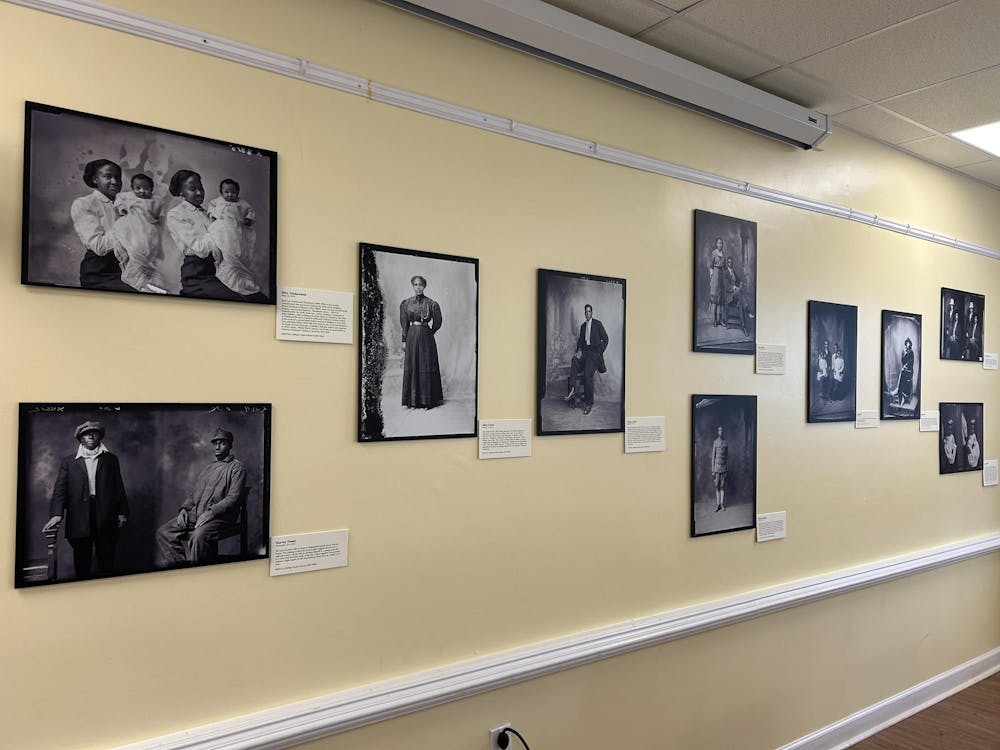Talking about race is never easy. Author Jesmyn Ward, however, is not afraid to speak. Inspired by civil rights writer and activist James Baldwin, Ward has edited a collection of essays entitled “The Fire This Time,” combining Baldwin’s exploration of race with the theories and experiences of other notable contemporary authors. The volume tries to make sense of the crippling racial divisiveness currently facing America.
Last week the University hosted a panel discussion featuring two of the book’s contributors, Emily Raboteau and Garnette Cadogan, moderated by English Prof. Maurice Wallace. The conversation aimed to allow University students, teachers and the local Charlottesville community to grapple with contemporary writers and Baldwin’s words by providing a setting filled with open ears and attentive minds.
In the ’60s, Baldwin wrote often about racial discrimination and the loss of black lives, issues still painfully relevant to this day. “One of the sad truths of this project is the way that the past is not the past,” Raboteau said during the panel. She described the struggle of black people as a “nightmare loop,” a phrase which resonated with many in the room.
It’s clear people are grieving and frustrated by the lack of cohesion in our country today.
“I mourn for children. … Childhood is a stage nearly robbed of children of color,” Wallace said, a statement which sent a wave of nods across the room.
When one audience member asked, “How do we escape the loop?” the question seemed almost unanswerable.
“We are in dire need of a revolution of values,” Wallace said. “If we continue to demean and dehumanize others, we will remain caught in the loop. Getting out of the loop requires a greater courage than we may have at the moment, a greater honesty than we may have at the moment.”
Discussions like this, however, foster that honesty and courage, as do all serious, levelheaded conversations about race. A student asked the panelists about Twitter and its potential to be a platform for this kind of discourse. Raboteau emphasized its importance, telling us about her personal feed and the juxtaposition she has recently noticed between her white friends posting pictures of their dinner while her black friends post about loss of black lives. That stark contrast isn’t something that should be ignored. When it comes to speaking out about topics like this Raboteau urged the audience not to back down.
“I think you need to risk being brave,” she said. “I’m asking you to risk being brave.”
Baldwin once said, “The role of the artist is exactly the same as the role of the lover. If I love you, I have to make you conscious of the things you don’t see.” It’s clear Ward, Raboteau, Cadogan and Wallace are outstanding artists, trying to tell the truth about race and the current society we live in. Cadogan quoted Baldwin, saying, “It looked bad that day, too, yes, we were trembling. We have not stopped trembling yet, but if we had not loved each other none of us would have survived.” This quote and the discussion last week encouraged everyone to become artists, to tell the truth with love and engage in conversation.
We must be unyielding and comfortable in the tremble, because despite outward appearance, Wallace says, “We have always belonged to each other, even when we were denying it.”






